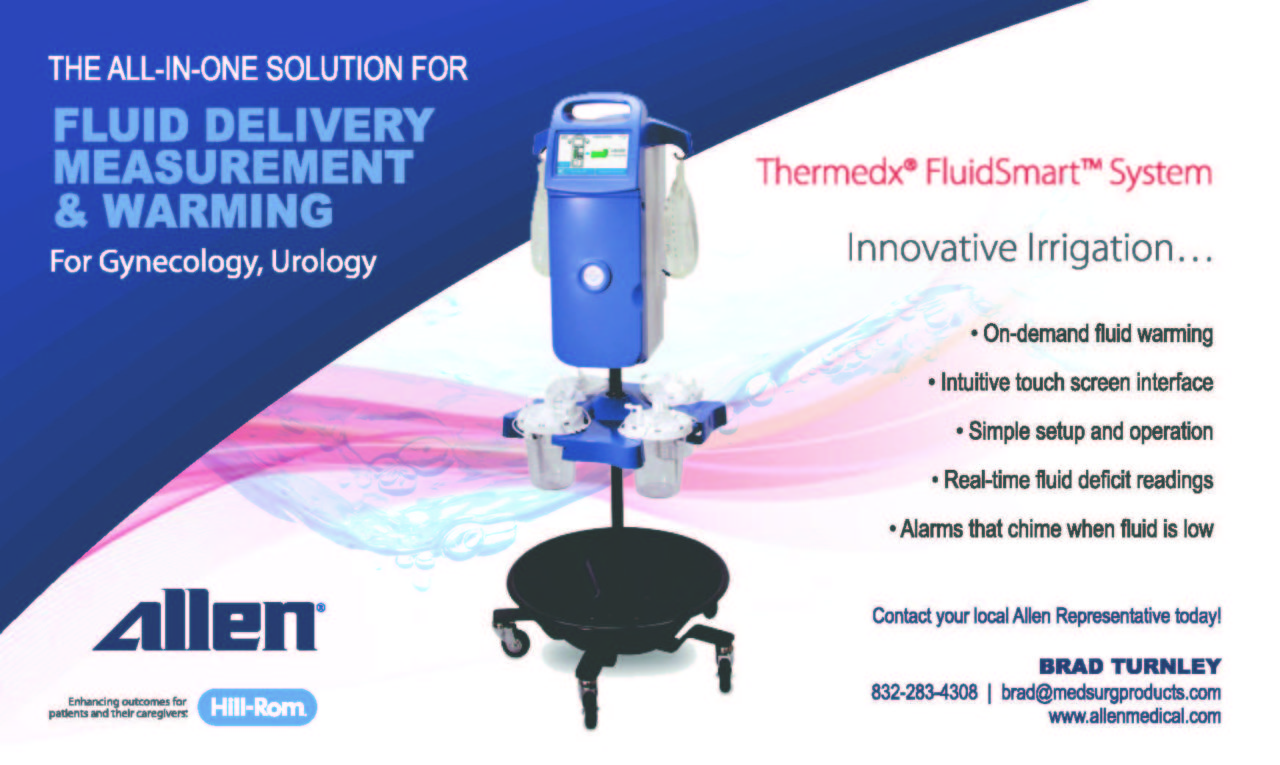 By Joe Gagnon, Fisher Phillips, LLP
By Joe Gagnon, Fisher Phillips, LLP
The Fifth Circuit Court of Appeals recently handed employers an important legal victory with respect to managing employees with disabilities and considering accommodation requests. While the case involved a security company, the Court’s opinion offers important reminders to employers in other industries, including health care. As medical facilities strive to maintain the delicate balance between competing interests such as ensuring patient safety and complying with employment law, the Court’s decision is as timely as it is significant.
Clark v Champion National Security, Inc.
In Clark v Champion National Security, Inc., issued on January 14, 2020, the Fifth Circuit upheld a trial court’s dismissal of an employee’s suit alleging disability discrimination and retaliation. The employer contracted with other businesses to provide security services. The employee was a Personnel Manager and was responsible for human resources and other employee relations functions including interviewing, hiring, training, disciplining, and terminating security guards.
The employer’s policies required and emphasized the importance of alertness at work. Lack of alertness was expressly noted as constituting grounds for immediate termination.
Warning: Undefined variable $posClass in /home1/mjhnewsc/public_html/wp-content/plugins/ap-plugin-scripteo/lib/functions.php on line 1078
The employee is diabetic and claimed to have several physical and mental conditions which are possibly related to his diabetes. The employee requested and received two accommodations, including the use of a refrigerator to store medicine as well as flexibility with work hours to facilitate doctor appointments.


In addition to these two accommodations, the employee requested a waiver of the dress code following shoulder surgery. The employer did not immediately grant this accommodation, and a supervisor asked several questions to gather more information about the request. The employee believed this questioning constituted harassment.
Warning: Undefined variable $posClass in /home1/mjhnewsc/public_html/wp-content/plugins/ap-plugin-scripteo/lib/functions.php on line 1078
Subsequently, work colleagues reported their suspicion that the employee was sleeping during work. Once the company had sufficient information to confirm the suspicions, the employee was terminated for violating the company’s alertness policy.
The employee claimed he was not sleeping but rather was having blackouts due to his disability. He filed suit under the Americans with Disabilities Act (ADA) alleging harassment and discrimination on the basis of disability, failure to accommodate his disability, failure to engage in the interactive process, and retaliation.
Warning: Undefined variable $posClass in /home1/mjhnewsc/public_html/wp-content/plugins/ap-plugin-scripteo/lib/functions.php on line 1078
In upholding the dismissal of the lawsuit, the Fifth Circuit noted that the supervisor’s questioning did not constitute harassment. Further, with respect to the disability discrimination claim, the Court held that the employee could not establish the required element that he was a “qualified” individual with a disability. To be “qualified,” an employee must show he/she can perform the essential functions of his job, with or without a reasonable accommodation. The Court concluded that the employee was not “qualified” because, whether with or without accommodation, he could not maintain alertness.
Application to Health Care Industry
In the medical field, a requirement of mental alertness is not just an essential job function of any health care worker who comes in contact with patients. It is a vital function, as patient safety depends upon it. In Clark v. Champion National Security, the Court was persuaded in part by the employer’s emphasis, in both written policies and communicated expectations, regarding the need to maintain alertness. Essential job functions at any health care facility should not be taken as a given. Rather, in addition to job requirements such as lifting and standing, mental alertness and other similar expectations should be clearly enunciated in written policies and position-specific job descriptions.
The Clark case also highlights the importance of the ADA interactive process. In evaluating a disability discrimination claim, the Equal Employment Opportunity Commission (EEOC) will expect to see that the employer engaged in the interactive process, meaning that it considered whether the accommodation requested is reasonable. For example, if a scheduler reports that she is losing her eyesight and requests the use of assistive devices and specialized sound-based software, the health care employer will need to demonstrate that the request was considered on an individualized basis. If the request is denied, the employer will need to articulate particularized reasons why the request is not reasonable. Human Resources should handle accommodation requests and obtain information from both the employee and the employee’s doctor to enable consideration of the accommodation request.
Often, the initial engagement in the interactive process does not provide enough information to fully assess an accommodation request. With that in mind, the Clark case also serves as an ample reminder that it is acceptable to seek more information from the employee when assessing a request for an accommodation. The employee in Clark tried to have it both ways. That is, he attempted to characterize the supervisor’s requests for information as harassment, but then at the same time complained that the employer failed to engage in the interactive process. As with the interactive process, Human Resources should handle requests for information. Requests related to the reported disability and/or the accommodation sought will tend to be more defensible. Criticism and negative remarks can be problematic for an employer and will be pointed to by an aggrieved employee as evidence of discriminatory motive.
The timely reminders provided by the Clark case also apply in a broader context and take on heightened significance considering that health care is an aging industry. For example, a 2016 survey by AMN Healthcare indicates that 42% of practicing physicians in the United States are 55 years of age or older. This includes 73% of Pulmonologists, 66% of Oncologists, and 59% of Psychiatrists. To ensure patient safety, health care providers and entities are tasked with determining whether physicians, including senior physicians, are capable of remaining in practice. Providers and entities that take a case-by-case assessment of physician competence (as opposed to, say, an age-based mandatory retirement policy, which carries the risk of class-based discrimination claims, not to mention further scarcity of access to medical providers) can rely on written policies and job descriptions to evaluate whether an older worker is performing his/her essential job functions and meeting performance expectations, and then if necessary utilize the interactive process to consider potential accommodations. These processes are in complement to, rather than in place of, other reporting obligations mandated by state law.
Ensuring patient safety and avoiding employment law pitfalls with respect to disabled health care workers is frequently challenging. The Clark case serves as a useful lesson of how employers can strike a balance between these two legitimate competing interests.


